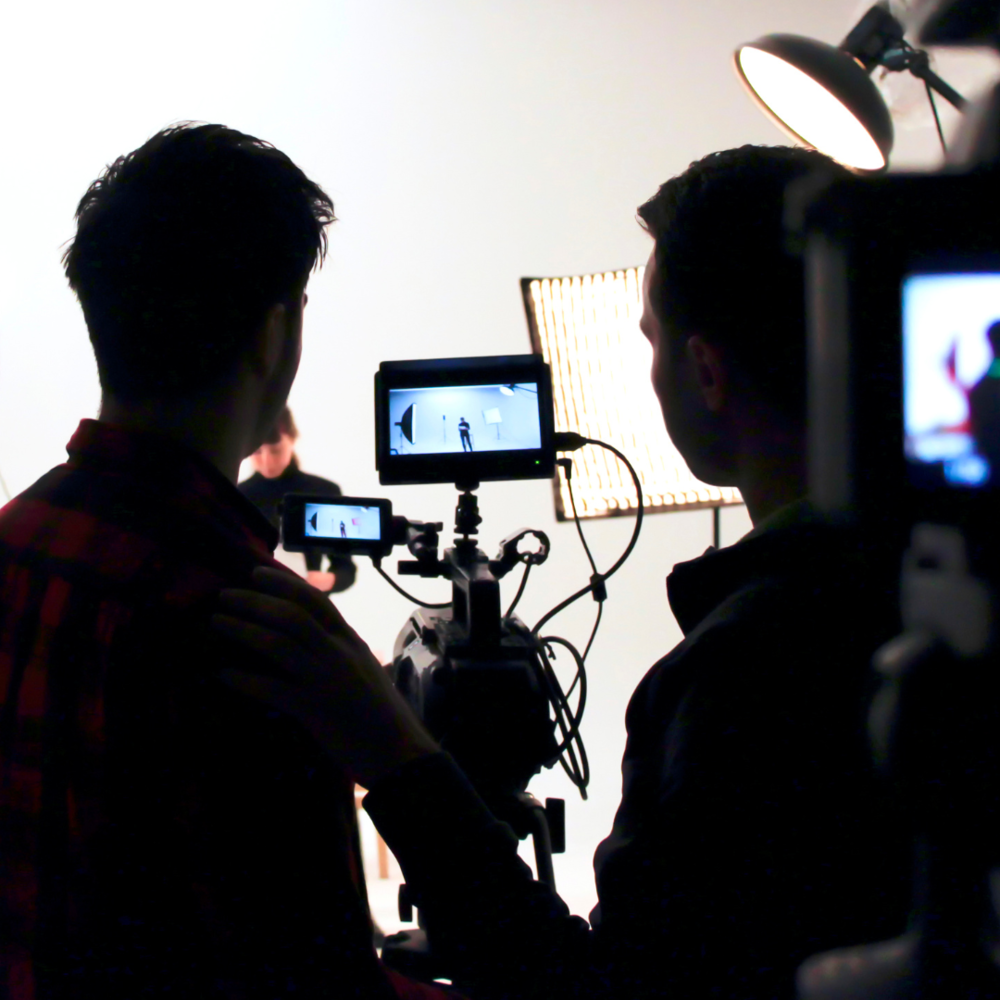Script to Screen: The Journey of a Film’s Story
November 11, 2024

The phrase "Script to Screen" encapsulates the magical transformation of words on a page into a captivating visual story. In this blog, we’ll take a deep dive into the fascinating journey of a film’s story, from the initial idea to its final screening. Whether you’re an aspiring filmmaker or just a movie enthusiast, understanding this process reveals the intricate craft behind every scene you watch on the big screen.
The Genesis: Crafting the Script
Every film begins with a script, the blueprint of the entire project. It all starts with an idea, which is then fleshed out into a detailed narrative. The screenwriter creates characters, plots, and dialogues, ensuring that the story is compelling and coherent. At this stage, the focus is on building a solid foundation—strong characters, engaging dialogue, and a plot that keeps the audience hooked.
Pre-Production: Turning Words into Plans
Once the script is finalized, the film moves into the pre-production phase. Here, the director, producers, and other key players come together to plan how the story will come to life on screen. This involves casting the right actors, scouting locations, designing sets, and planning the cinematography. Pre-production is all about logistics—turning the abstract ideas from the script into concrete plans.


Production: Bringing the Story to Life
During the production phase, the film is shot scene by scene. This is where the director’s vision is realized, with actors delivering performances that bring the script’s characters to life. The cinematographer plays a crucial role in capturing the visual essence of the story, while the director ensures that every shot aligns with the overall narrative and emotional tone.
Post-Production: Shaping the Final Cut
Post-production is where the film truly takes shape. Editors cut and splice footage to create a cohesive story, often making tough decisions about what stays and what goes. Sound designers add layers of audio, including dialogue, sound effects, and music, to enhance the mood and atmosphere. Visual effects are added, color is corrected, and the final touches are applied to ensure that the film looks and sounds as polished as possible.
The Big Screen: From Studio to Cinema
After months or even years of hard work, the film is finally ready for its audience. Distribution teams work to get the film into theaters, onto streaming platforms or released in other formats. The journey from script to screen culminates in that moment when the lights dim, the audience settles in, and the story unfolds before their eyes.
Creating Tomorrow's Cinematic Stories
At AIU, we understand the importance of storytelling in shaping the future of cinema. Our programs are designed to nurture the next generation of filmmakers, equipping them with the skills to bring their stories from script to screen.
For more insights and resources on creative arts and filmmaking, visit AIU’s official website.

